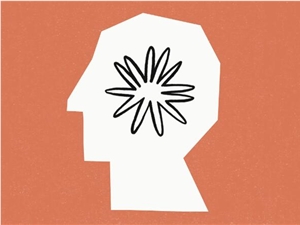In a highly-anticipated copyright infringement lawsuit, numerous visual artists received good news today. A judge has ruled that their case against several prominent AI image and video generation companies can proceed, moving into the discovery phase. The case, numbered 3:23-cv-00201-WHO, was initially filed in January 2023 and, after several revisions and partial dismissals, today's ruling has given the artists hope.

Image source: Picture generated by AI, provided by Midjourney
The artists involved in the lawsuit include Sarah Andersen, Karla Ortiz, Hawke Southworth, among others, who are representing all artists in suing companies such as Midjourney, Runway, Stability AI, and DeviantArt. They allege that these companies have used the open-source Stable Diffusion AI model to replicate their works without permission. Judge William H. Orrick stated that the allegations of "inducement of infringement" are strong enough to push the case into the discovery phase. This means that the artists' lawyers will have the opportunity to review the AI companies' internal documents, revealing information about their training datasets and mechanisms.
Kelly McKernan, one of the plaintiffs, expressed on social network X: "The judge has allowed our copyright claims to continue, now we can uncover what these companies didn't want us to know, this is a huge victory!" Another plaintiff, Karla Ortiz, also noted that this ruling means companies using the Stable Diffusion model could potentially be held liable for copyright infringement.
It is claimed that the Stable Diffusion model is trained on the LAION-5B dataset, which includes over 5 billion images scraped from the web. However, the artists point out that the dataset only contains URLs and text descriptions of the images, requiring AI companies to perform additional scraping or screenshots to train Stable Diffusion and its derivatives.
Although the judge made some rulings in favor of the artists, he also dismissed parts of their claims based on the Digital Millennium Copyright Act. Midjourney attempted to cite older cases indicating that similarity between artworks does not necessarily constitute copyright infringement. The judge mentioned in his ruling that the artists' names and their work elements were used as training materials in Midjourney's model, which could constitute copyright infringement.
As the case progresses, it remains to be seen whether AI art generation companies can effectively defend their training practices and model outputs.
Key Points:
🌟 The judge has ruled that the artists' copyright infringement lawsuit can continue and will enter the discovery phase.
🎨 Multiple artists accuse AI companies of unauthorized use of their works and may face copyright liability.
📜 The judge dismissed parts of the claims based on the Digital Millennium Copyright Act, and the case is still under further review.










